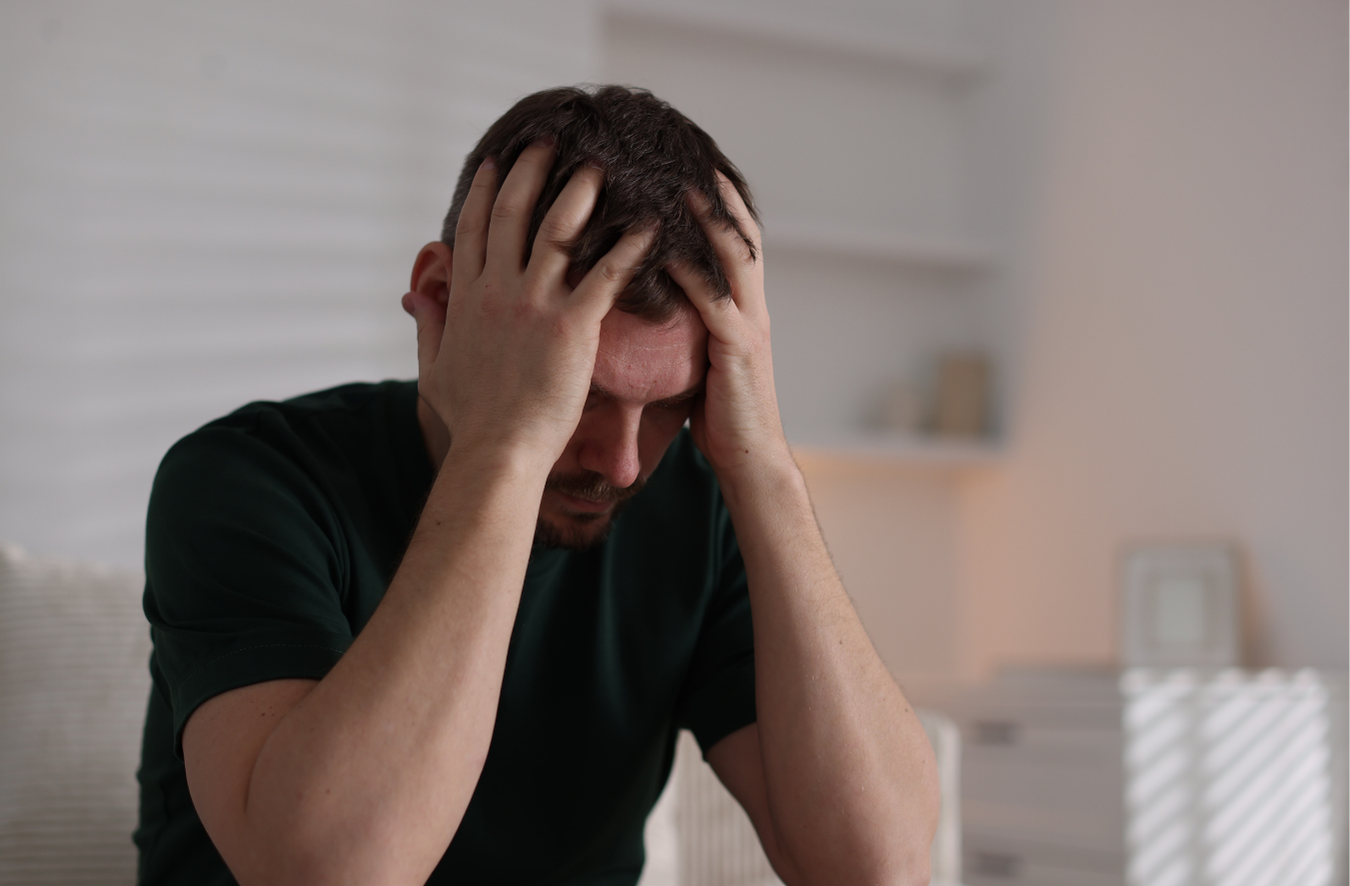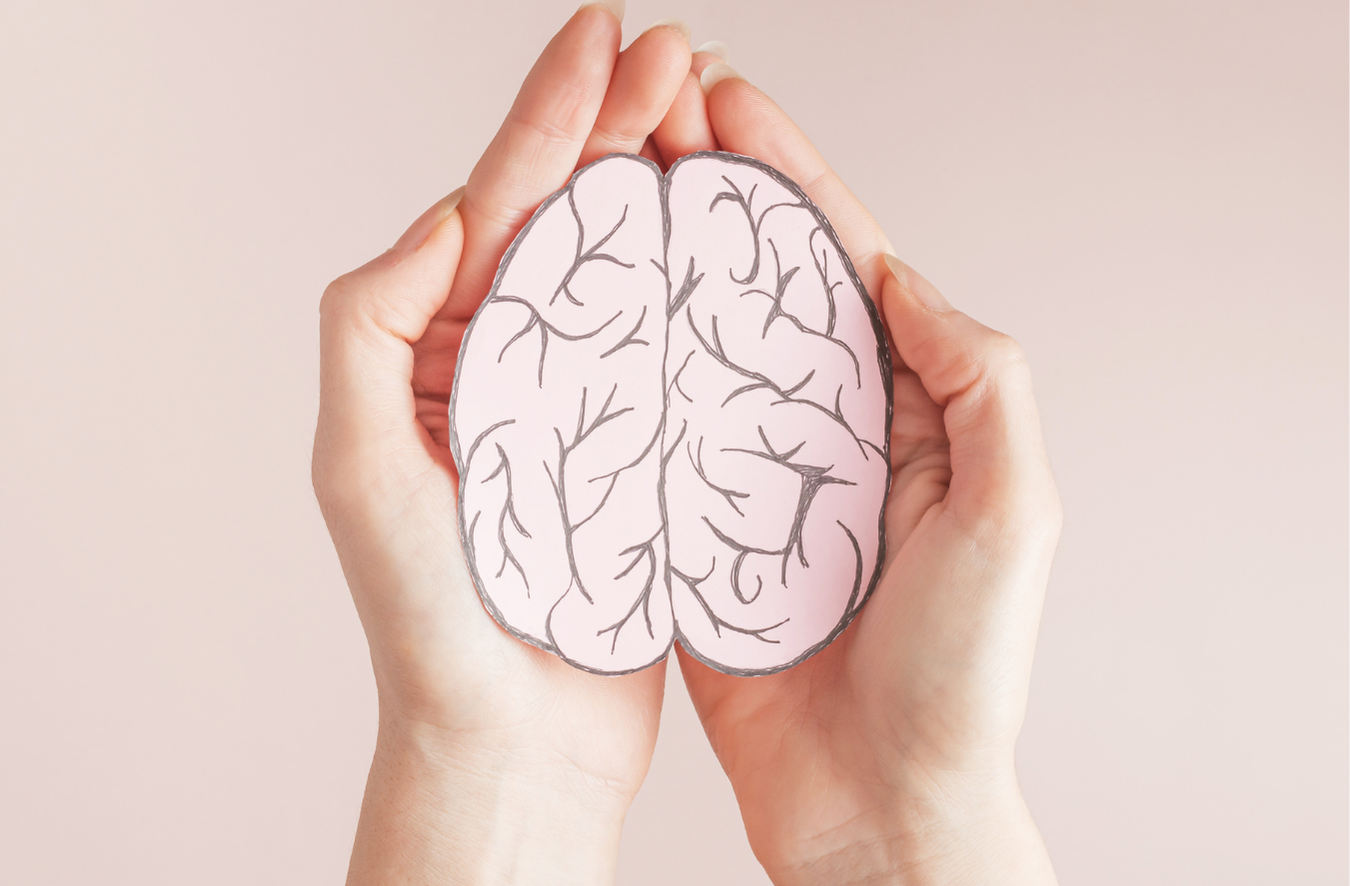Beyond Mind Over Matter: Why Mental Health Is Just As Important As Physical Health
Key Takeaways:
- Mental health is just as vital as physical health—both must be cared for to achieve true well-being.
- Stigma and misunderstanding often prevent people from seeking help, but mental health issues are real and valid.
- Everyday habits like sleep, movement, nutrition, and connection significantly support mental and physical health.
- Therapy and professional support are acts of strength, not weakness—they’re essential tools for healing.
- Checking in with yourself and finding purpose builds resilience and keeps your mental and emotional health on track.
We often applaud perseverance and grit, celebrating those who “power through” life’s challenges with unflinching resolve. But somewhere along the way, we’ve internalized the dangerous myth that strength lies in ignoring mental pain—that if our bodies are functioning, we must be fine. Yet, what happens when the wound is invisible, when the ache isn’t in the muscles but in the mind?
An estimated 59.3 million adults experienced a mental illness. That’s 1 in every 5 Americans. These numbers highlight a critical truth: mental health challenges are more common than many realize, affecting our friends, family members, coworkers, and neighbors.
The conversation around mental health is no longer optional—it's essential. Mental health is not a secondary concern, nor is it a luxury; it’s foundational. Without it, even the strongest body begins to falter. It’s time we step beyond the outdated “mind over matter” mantra and recognize that true wellness requires both mind and body in harmony.
Why Mental Health Isn’t Taken Seriously
Mental health has long been overlooked and misunderstood, both historically and culturally. For centuries, individuals struggling with mental health issues were hidden away, institutionalized, or subjected to inhumane and degrading treatments. Their symptoms were often dismissed, mocked, or deemed imaginary—seen not as legitimate medical concerns, but as signs of weakness or moral failure. It wasn’t until the 20th century, with the rise of psychology and neuroscience, that mental health began to gain recognition as a serious and treatable medical issue. Yet, despite scientific progress, deeply rooted stigma and societal misconceptions persist.
One reason mental health still isn't taken seriously is because its struggles often don’t leave visible marks. Unlike a broken bone or high fever, conditions like anxiety, depression, and trauma are invisible and frequently misunderstood. They’re too often brushed off as “just stress” or “a rough patch,” especially by generations raised to believe that willpower alone—“pulling yourself up by the bootstraps”—is the solution to every problem. This mindset creates a dangerous gap in understanding: it fails to see that an illness of the mind can be just as painful, debilitating, and life-threatening as one of the body.
Cultural stigma plays a significant role as well. Mental illness is still too often equated with weakness, instability, or personal failure. This leads to silence, shame, and a fear of being judged—causing many people to suffer in isolation. The numbers we do have only reflect those who were willing or able to seek help, meaning millions more are likely suffering quietly, without support or recognition.
That’s why organizations like Friends of ASH are working to change the narrative. It's not enough to simply acknowledge mental health—we must actively prioritize it, normalize the conversation, and build communities where seeking help is taken seriously.
Mental Health: Is It More Serious Than Physical Health?
While the comparison isn’t meant to downplay physical illness, it’s important to recognize that suffering from mental illness is—and should be—considered just as serious as battling a physical condition. Many mental health disorders have measurable, biological effects on the body and brain. Psychologically, chronic conditions like depression, anxiety, PTSD, and bipolar disorder alter brain chemistry and structure.
They disrupt neurotransmitters such as serotonin, dopamine, and cortisol—chemicals that regulate;
- Mood
- Energy
- Sleep
- Appetite
- And the body's response to stress
When these systems are imbalanced, the effects are not just emotional or behavioral; they manifest in physical symptoms, including;
- Fatigue
- Chronic pain
- Insomnia
- Headaches
- Digestive issues
- And weakened immune function.
From a scientific standpoint, ongoing psychological stress has been shown to increase inflammation in the body—a key contributor to a wide range of physical illnesses such as
- Heart disease
- Diabetes
- Hormonal Disorder
- Autoimmune disorders,
- And even certain cancers.
When the body is exposed to prolonged mental distress, the stress response system, particularly the hypothalamic-pituitary-adrenal (HPA) axis, is overstimulated. This leads to the overproduction of stress hormones like cortisol, which over time can damage vital systems in the body. What starts as a mental or emotional struggle can evolve into a full-body health crisis, affecting everything from cardiovascular health to cognitive function.
Calling mental illness a “cancer of the mind” in severe cases is not farfetched—it reflects the invasive, destructive nature of these conditions. Just like cancer, mental illness can quietly grow, spreading into every aspect of a person's life, undermining relationships, productivity, self-worth, and physical health. Left untreated, mental health disorders can be fatal, with suicide remaining one of the leading causes of death globally, with 1 suicide every 11 minutes.
Despite decades of research, factual statistics, and increased awareness, mental illness still isn’t treated with the same level of seriousness, urgency, or compassion as physical illness. While progress has been made, the conversation must continue—emphasizing that true health involves both the mind and the body. One cannot be prioritized over the other; they are deeply interconnected. Supporting whole-person health means recognizing that mental and physical well-being go hand in hand—and through intentional, healthy practices, both can be strengthened together.
10 Ways to Stay Healthy Physically and Mentally:
1. Prioritize Sleep
Your brain processes emotional experiences and regenerates cognitive function during sleep. Chronic sleep deprivation disrupts mood regulation, concentration, and resilience. It increases anxiety and depending on the length of time deprived can increase paranoia. Aim for 7–9 hours each night and go to bed before 11pm. This helps to reduce the likelihood of your cortisol to spike up again and to get quality sleep.
TIP: Create a calming bedtime routine, power down devices an hour before bed, and keep your sleep environment cool and quiet.
2. Move Daily
Exercise is one of the most powerful—and underrated—mental health tools available. Movement stimulates the release of serotonin and endorphins, nature’s antidepressants, helping to elevate mood and reduce anxiety. You don’t need to go out of your way or overwhelm yourself, start small—walking, stretching, dancing in your kitchen, or yoga all count. A little daily motion keeps both body and mind more flexible.
TIP: Ask a friend to start taking walks with you, you can catch up, release stress, enjoy outside, and get in your exercise!
3. Eat Nutrient-Rich Foods
There’s a direct link between your gut and your brain—a connection psychologists now refer to as the “gut-brain axis.” Diets high in processed sugars and low in nutrients can increase the risk of depression. Incorporate whole foods like leafy greens, berries, fatty fish, nuts, and seeds. What you eat feeds not just your body, but your mental clarity, emotional stability, and energy levels.
TIP: Don’t overwhelm yourself with too many fast changes. Add in more water and a vegetable at each meal.
4. Practice Mindfulness
Mindfulness isn’t just about sitting still—it’s about coming home to yourself. Whether it’s deep breathing, journaling, guided meditation, or even mindful walking, these practices bring your attention to presence and reduce mental chatter.
Mindfulness helps to support stress levels, mitigating the effects from a high stress response and overall increasing self- awareness.
TIP: Start small, take 3 deep breaths in through your nose and out of your mouth. Count to 4 as you breathe in and count to 4 as you breathe out.
5. Stay Connected
Loneliness is a leading cause of people suffering. Community and strong social bonds are linked to lower rates of anxiety, depression, and even mortality. To know you have a support system of people to turn to and count on brings a sense of safety and meaningful connection. It’s not about how many people you know; it’s about feeling seen, heard, and valued.
TIP: Invite a friend to have a coffee this week or try something new in your community!
6. Limit Screen Time
Digital overload can overstimulate the brain, impair sleep, and fuel feelings of inadequacy and anxiety—especially from social media. Social Media’s impact on mental health has increased over the years with more usage, ways to receive instant gratification, the algorithm, idealizing content, and internet bullying. A
2023 study found that 48.3% of frequent social media users reported depression and 22.6% reported anxiety, with nearly one in five experiencing both conditions. Among teens who use social media daily, 56% report at least some depressive symptoms, compared to 39% of those who use it weekly or less.
TIP: Set intentional boundaries around screens: no devices at the dinner table, use “do not disturb” modes during rest hours.
7. Seek Professional Help
Mental Health Struggles are nothing to be shy of or to brush off. Just as you would see a Doctor for an infection or an open wound, you would seek a Mental Health professional for depression, anxiety, or other wounds within the mind.
Therapy, counseling, and psychiatric care are critical resources, not last resorts. Whether you’re in crisis or simply feeling “off,” reaching out to a mental health professional is a powerful act of self-respect. Healing often begins with one brave conversation.
TIP: Visit NAMI or Psychology today to see what services are available to you and in your area. You can also call your insurance (if applicable) or call *988.
8. Set Boundaries
Emotional burnout often comes from saying “yes” when you really need to say “no.” Boundaries are not walls—they’re self-protection. Over time a lack of boundaries can cause you to extend beyond your capacity and push yourself past your limits, find yourself in toxic patterns or relationships, and give when you don’t have enough to give. This can give rise to mental, emotional and physical exhaustion.
TIP: Practicing saying No to small things so that you can become more comfortable with the saying the word and not feeling guilty.
9. Engage in Purposeful Activities
Having a sense of meaning can be a strong protective factor against depression and anxiety. Feeling like you have something to do that gives you meaning and brings joy, can help bring perspective when your mind is in a dark place. Purpose fuels motivation, resilience, and a deeper sense of satisfaction. It reminds you that your life matters—because it does.
TIP: Volunteer for a cause that moves you or start a creative project!
10. Check In With Yourself
Self-awareness is your internal compass. Taking time to reflect—through journaling, quiet walks, or simply pausing during your day—helps you recognize when you’re veering off track emotionally or physically. Know your limits and ask friends to help you be accountable.
TIP: Ask yourself: “How am I really feeling right now?” Allow yourself to answer without judgement. Writing can be helpful in self reflection.
In a world that glorifies constant hustle and often overlooks the silent struggles happening within, recognizing mental health as equally vital to physical health is a powerful and necessary shift. True wellness isn’t about choosing between the body or the mind—it’s about caring for both, because they are inseparably linked. Through small, intentional daily practices—whether it’s rest, movement, mindfulness, or connection—we build resilience, enhance clarity, and lay the groundwork for lifelong well-being.
We’ve ignored mental health for far too long, and the cost is becoming painfully clear. It’s affecting our families, our workplaces, and our communities at alarming rates. But the truth is: much of this is preventable. Support is available, treatment is effective, and no one should suffer in silence. No one should fear judgment, stigma, or shame for simply needing help. The more we learn to understand the full scope of the human experience—mind, body, and spirit—the more we can build a society that values and supports whole-person health. It’s time to stop pushing through and start paying attention—because real healing begins with awareness, compassion, and action.
Organizations like Friends of ASH are leading this movement, working to rewrite the narrative around mental health by offering support, raising awareness, and building safe, inclusive communities where healing is possible and hope is restored. Our mission is clear: to ensure mental health is no longer an afterthought, but a priority for every person, every family, and every community. Visit our website to learn more !
FAQ
1. Why is mental health often overlooked compared to physical health?
Mental health symptoms are often invisible and misunderstood, leading many to dismiss them as temporary or less serious. Social stigma, lack of education, and cultural attitudes also discourage open conversations and proper care.
2. Can improving physical health really help my mental state?
Absolutely. Regular exercise, quality sleep, and a nutritious diet directly impact brain chemistry, reducing symptoms of anxiety and depression. Taking care of your body creates a stronger foundation for emotional resilience.
3. How do I know when it’s time to seek professional help for my mental health?
If you’re feeling persistently overwhelmed, anxious, low, or disconnected—and it’s affecting your daily life—it’s time to reach out. Therapy isn’t just for crises; it’s a proactive step toward clarity, healing, and support.











